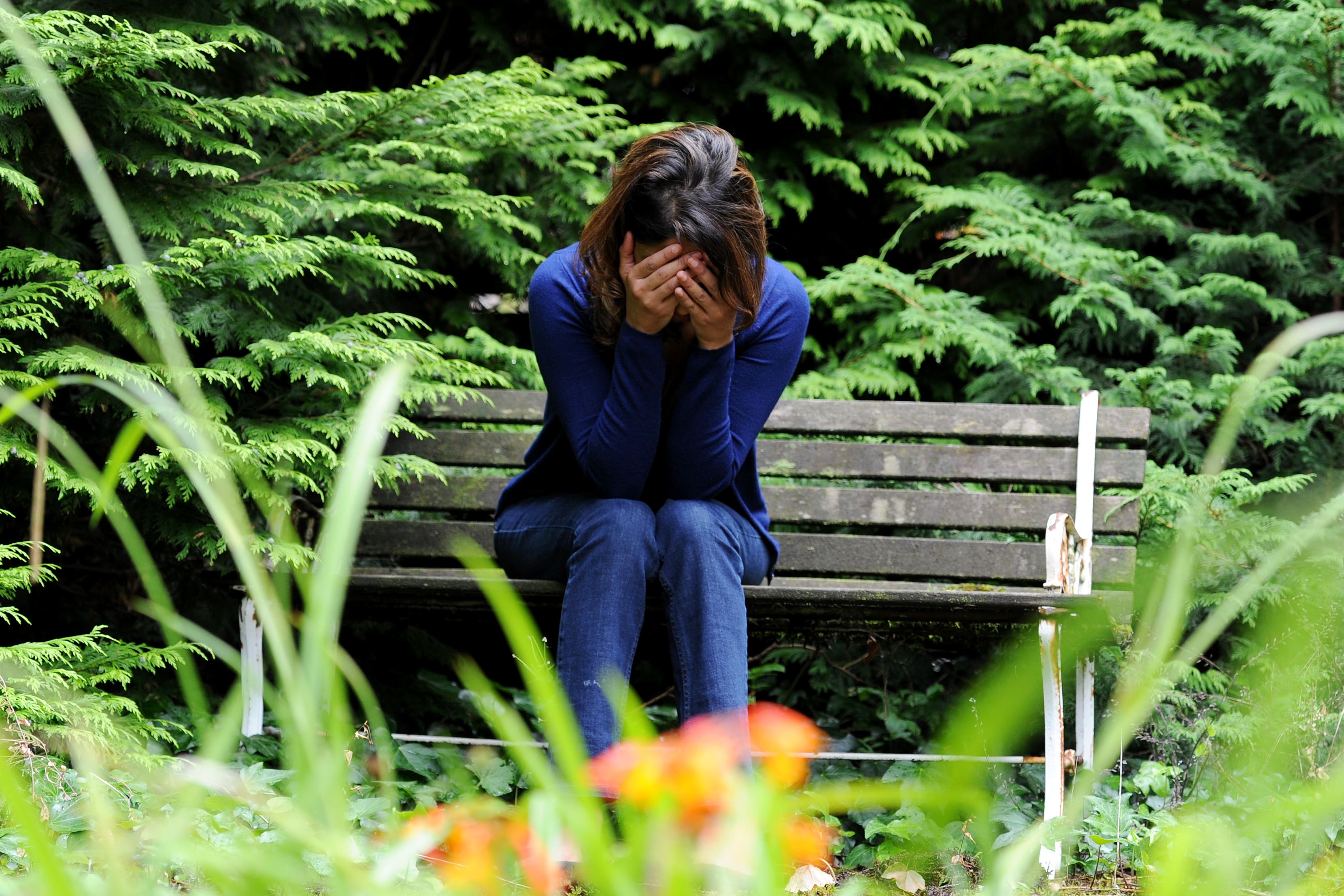Perimenopausal women ‘more likely to develop bipolar disorder’
The findings, published in Nature Mental Health, could help provide additional support for women, an expert said.

Women are more than twice as likely to develop bipolar disorder in the years leading up to their final period, a study has suggested.
Experts said research of this nature could help predict individual risk of mental health issues during this time, which “could be life-saving”.
Perimenopause happens when a woman has symptoms of menopause – such as anxiety, mood swings and brain fog – but still has a period.
The study of 128,294 UK women by academics from Cardiff University in collaboration with Bipolar UK and the UK Biobank focused on the four years around the final menstrual period.
It found there was a 112% increase in bipolar during perimenopause, while the onset of major depressive disorder increased by 30%.
We have been able to expand our knowledge of the mental health changes associated with perimenopause
Professor Arianna Di Florio, of Cardiff University, said: “During perimenopause approximately 80% of people develop symptoms, but the impact on the onset of severe mental illness was unknown.
“In my clinic, I found that some women, previously living lives without any experience of severe mental health issues, developed severe mental illness around the time of the menopause.
“I feel a duty towards the women I work with. I wanted to provide them and other women with the answers to why this terrible thing happened to them.”
Clare Dolman, an ambassador for Bipolar UK and patient and public involvement lead on the project, added: “This study is extremely important as it demonstrates for the first time in a very large sample that the menopausal transition has a measurable impact on women’s mental health.
“For me, this confirms what we have observed and heard from women with bipolar themselves; that hormonal change is a very important factor in mood disorders and one that deserves to be researched thoroughly.
“As a woman with bipolar myself who has gone through menopause, I am looking forward to the research community recognising the importance of this finding.
“The studies will allow us to predict an individual woman’s risk of becoming unexpectedly ill at this time of life. That knowledge could be life-saving.”
The findings, published in Nature Mental Health, could help provide additional support for women who have “previously been left in the dark”, according to Prof Di Florio.
She said: “Research like this is vital, as women experience these profound changes in their lives and bodies and are currently let down by the lack of detailed understanding of these changes.
“We have been able to expand our knowledge of the mental health changes associated with perimenopause, which can help provide explanations, diagnoses and support for women who have previously been left in the dark about what is happening to them.”
Bookmark popover
Removed from bookmarks